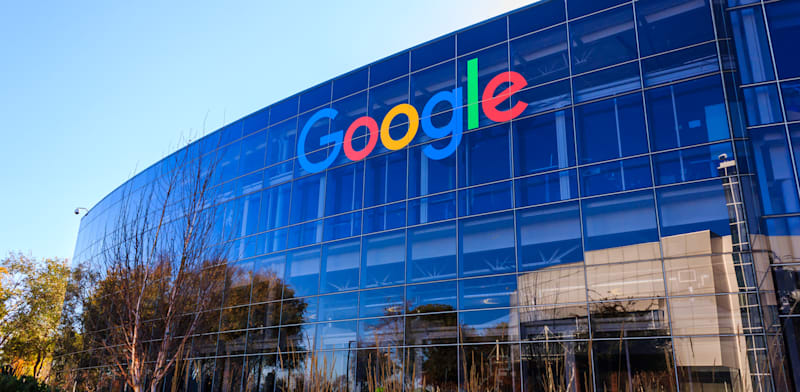In medicine, scientists face a challenge in treating serious diseases like cancer. The problem lies in understanding the unique composition of cells, particularly the sequences of peptides within them. Peptides are like the building blocks of cells, playing a crucial role in our bodies. Identifying these peptide sequences is essential for developing personalized treatments, especially immunotherapy.
Some diseases, like well-known ones or those that have been studied before, can be analyzed using existing databases of peptide sequences. However, things get tricky when dealing with novel illnesses or unique cancer cells that haven’t been examined before. Scientists use a method called de novo peptide sequencing, which involves quickly analyzing a new sample using mass spectrometry. However, this process often leaves gaps in the peptide sequences, making it challenging to get a complete profile.
Now, a new program called GraphNovo has emerged as a solution to this problem. Developed by researchers at the University of Waterloo, GraphNovo employs machine learning technology to significantly enhance the accuracy of identifying peptide sequences. This breakthrough is crucial for various medical areas, particularly in treating cancer and developing vaccines for diseases like Ebola and COVID-19.
The unique feature of GraphNovo is its ability to fill in the gaps in peptide sequences left by traditional methods. Using precise mass information, the program ensures a more thorough and accurate understanding of the composition of unknown cells. This leap in accuracy is a game-changer, especially when dealing with personalized medicine and immunotherapy.
To understand GraphNovo’s effectiveness, one can look at its metrics, demonstrating its capabilities. The program has shown remarkable accuracy in identifying peptide sequences, even in cases where traditional methods may fall short. This is a promising sign for treating serious diseases and creating targeted therapies based on an individual’s unique cellular composition.
In conclusion, the development of GraphNovo is a significant step in the intersection of technology and health. The program’s ability to enhance the accuracy of peptide sequencing opens up new possibilities for highly personalized medicine, particularly in immunotherapy. While the concept may seem theoretical for now, the potential real-world applications of GraphNovo bring hope for more effective treatments in the not-so-distant future.
Check out the Paper. All credit for this research goes to the researchers of this project. Also, don’t forget to follow us on Twitter. Join our 36k+ ML SubReddit, 41k+ Facebook Community, Discord Channel, and LinkedIn Group.
If you like our work, you will love our newsletter.
Don’t Forget to join our Telegram Channel

Niharika is a Technical consulting intern at Marktechpost. She is a third year undergraduate, currently pursuing her B.Tech from Indian Institute of Technology(IIT), Kharagpur. She is a highly enthusiastic individual with a keen interest in Machine learning, Data science and AI and an avid reader of the latest developments in these fields.





















